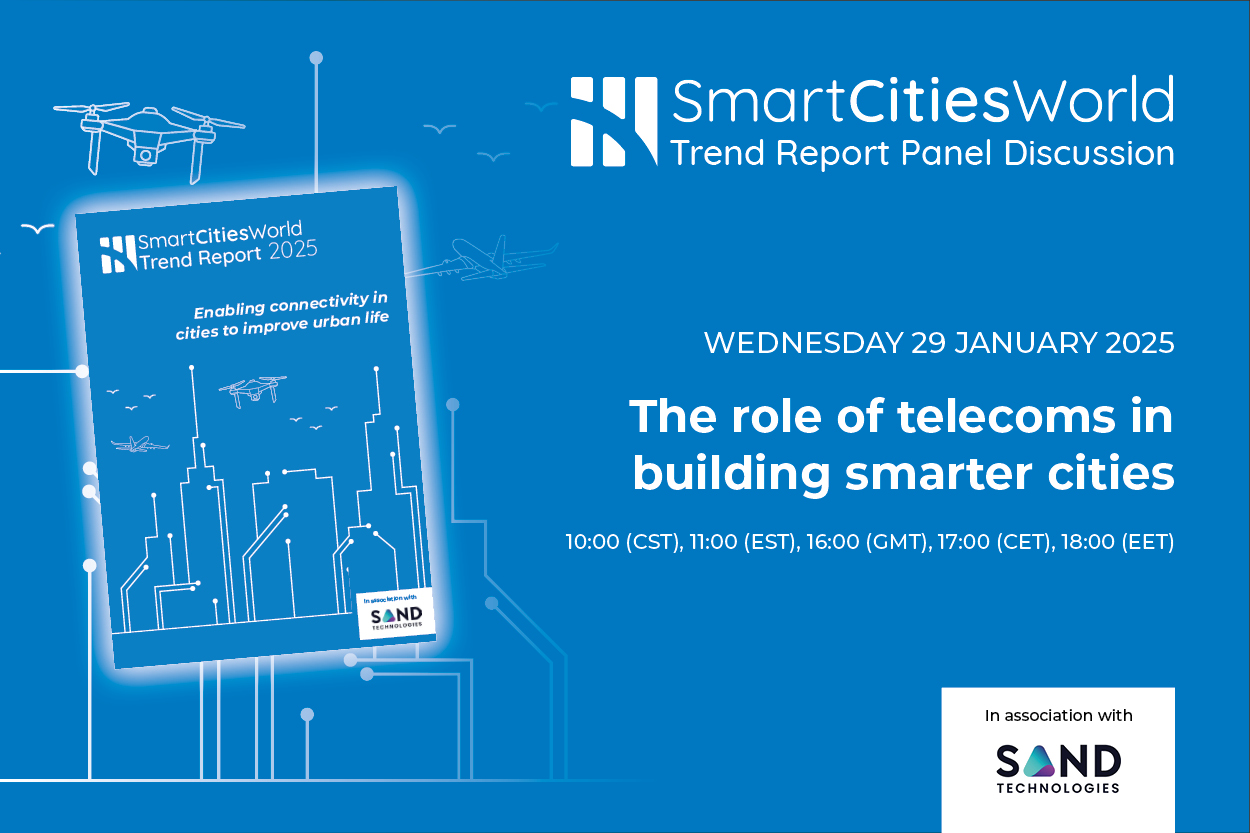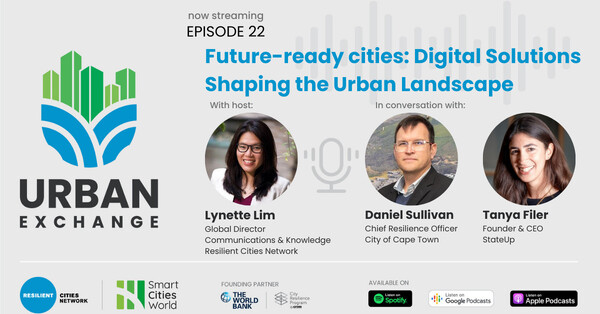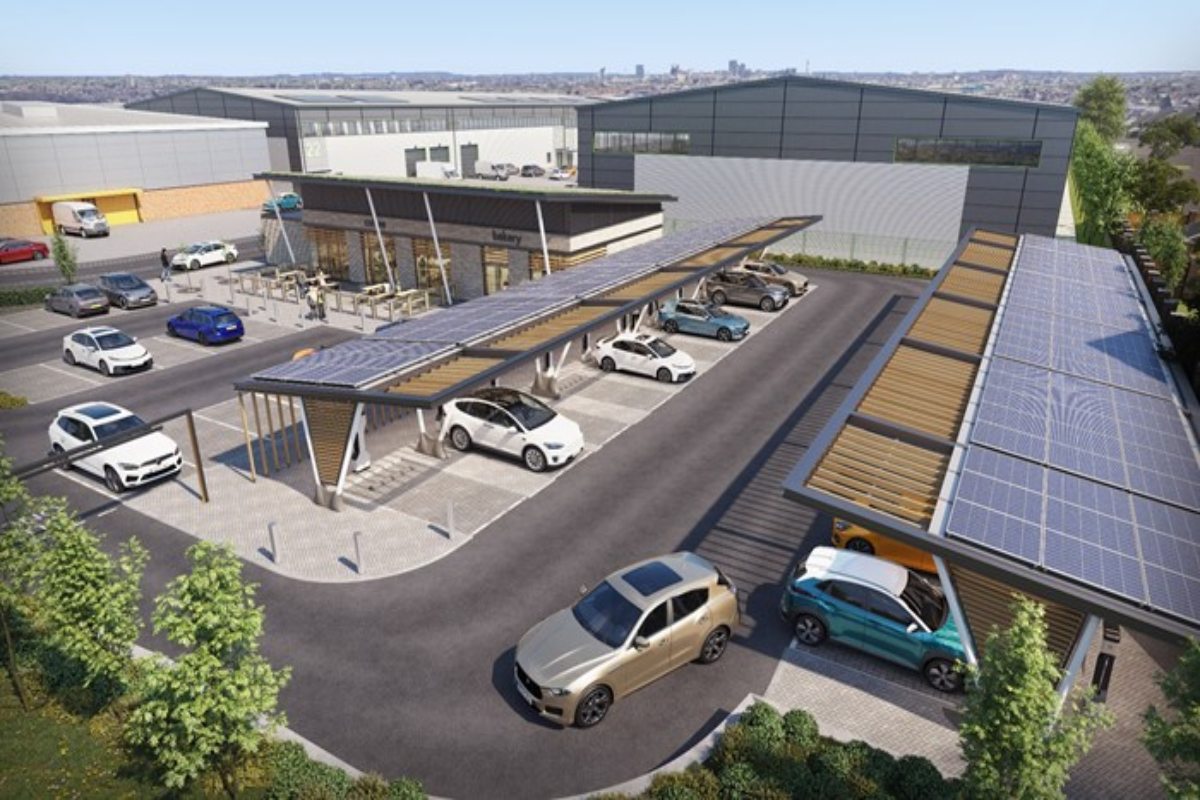Special Reports
SusHi Tech Tokyo 2024: experience ‘Tokyo 2050’ todaySponsored by The SusHi Tech Tokyo 2024 Showcase Program Executive Committee
OnDemand WEBINAR: Leverage digital twins to optimise municipal operations
Find out how Gwinnett County (USA) is unifying IT/OT/IoT systems to provide complete visibility to all municipal data. Using a Digital Twin of their municipal operations allows faster, more informed decisions and speeds crisis response while lowering their total cost to operate their services.

A typical municipality must operate multiple systems and sites, which are often a hodgepodge of disparate operational silos, loosely connected by power and security systems, but not necessarily integrated in a way to share business and operational intelligence in real-time with stakeholders at each location.
In order to move beyond the standard of SCADA-based operational control, a new, higher-level umbrella command and control infrastructure can be put in place to provide both site-level and system-wide visibility to a number of key functions such as:
- Real-time Monitoring & Control
- Multi-user visualisation (local, remote, and mobile)
- Alarm Display & Analysis
- Dashboards, KPIs, & Reports
- Workflow/SOP Management
- Multi-user Development Environment
- System-wide Asset Performance Management
- Multi-tiered Historians on-premise and in the cloud for flexible functionality
- Enterprise integration to GIS, Financial, BI, and CMMS systems
- Machine Learning – Artificial Intelligence applications
In this webinar we will discuss the benefits to cities for taking this multi-site command and control approach to their services and the lessons learned in its deployment.
We will share results of the deployment in Gwinnett County (USA) where more than 70 millions gallons of water are provided daily to over one million residents. We’ll talk about how standards-based integration, and deployment best practices can reduce total cost ownership and speed time to deployment in large-scale, multi-site municipal operational systems.
You will also get your questions answered in the live Q&A.
Speakers:
|
W. Jarrett Campbell Global Industry Marketing Director, AVEVA |
|
|
|
Sarah Wray, Editor at SmartCitiesWorld Sarah has many years of experience as a B2B journalist and editor, specialising in technological innovation and its impact in cities. |
|
|


















